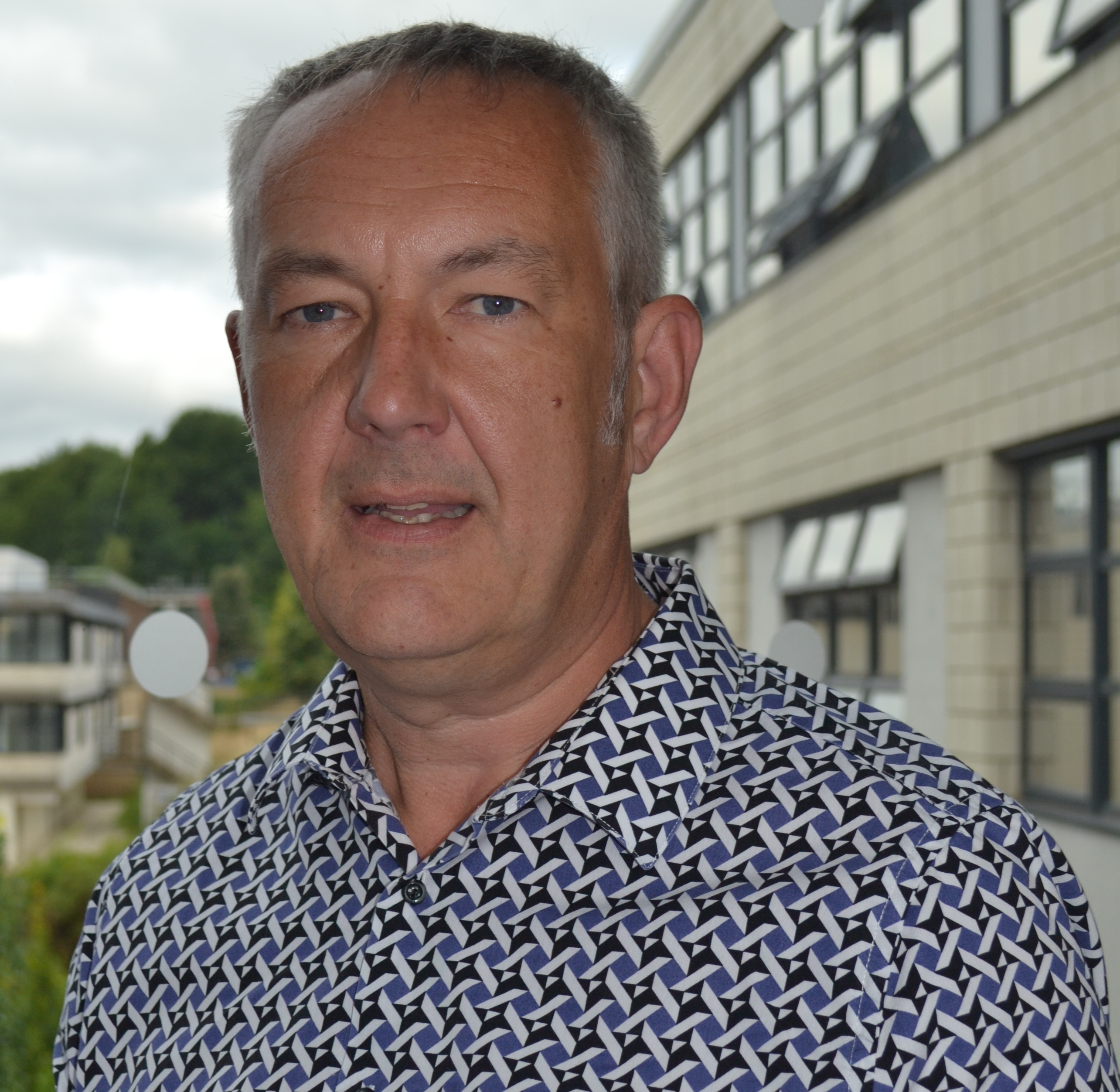The burden of poverty can muddy diagnoses of depression and lead to the overprescription of antidepressants, says Ian Hamilton
 For years people trying to reduce their antidepressant medication have reported experiencing withdrawal symptoms. We have also known for some time that prescribing opiate medication for pain is ineffective beyond a few months. Despite this, prescriptions for opioids have been on the increase until recently and there has been a substantial rise in antidepressant prescribing. Public Health England (PHE) responded to these concerns by reviewing the evidence we have on a range of prescribed medicines that carry a risk of dependency.
For years people trying to reduce their antidepressant medication have reported experiencing withdrawal symptoms. We have also known for some time that prescribing opiate medication for pain is ineffective beyond a few months. Despite this, prescriptions for opioids have been on the increase until recently and there has been a substantial rise in antidepressant prescribing. Public Health England (PHE) responded to these concerns by reviewing the evidence we have on a range of prescribed medicines that carry a risk of dependency.
The report’s publication made headlines earlier this week for its finding that one in four adults in England were prescribed one of these drugs in the year ending March 2018. Yet it’s worth focusing on what the report reveals about antidepressants and opioids, particularly its finding that the highest proportion of patients receiving prescriptions for antidepressants and opioids is located in areas of greatest social deprivation. This won’t surprise many healthcare workers who meet the individuals behind these statistics every day.
For many patients, clinical depression and pain are more than a solitary psychological or physical problem. Yet as clinicians we can feel as impotent as those we treat to effect a change in the numerous other factors that may influence the course of physical or psychological pain. Depression, for example, can be triggered and maintained by poor housing, unemployment, and grief. None of these medications are cures for social deprivation but they do inoculate against lack of hope—they are effective in making you feel different. If you’re in a place physically, psychologically, and socially that you can’t escape and your chances of ever doing so are minimal then feeling different is attractive.
Discerning the cause of low mood when multiple factors of deprivation are involved not only makes assessment challenging, it also complicates reviewing the prescribing of antidepressants. The only way you really know if antidepressants are no longer needed is to reduce them. However, if that produces uncomfortable physical and psychological symptoms then how do you know if symptoms such as lack of sleep, poor appetite, low mood, and feelings of hopelessness are due to antidepressant withdrawal, clinical depression, or social deprivation?
Half of the patients studied in the report had been on a prescription for these medications for more than 12 months—indicating that dependence on these medications could be a risk given the length of use. It seems we have identified a problem that looks all too familiar, and there are clear lessons to be learnt from the prescribing of benzodiazepines, such as the importance of regularly reviewing prescriptions and actively considering alternatives to medication. To this day, many people have spent years being slowly weaned off large doses of drugs like diazepam.
Identifying this problem also raises another: what should we do? Antidepressants and opiates have a place in treating patients, but they don’t build houses or move people from the stress of zero hours contracts to permanent fulfilling employment—factors thought to influence the treatment of pain and depression.
Stepping into this void, the National Institute for Health and Care Excellence hope to have guidance on what to do by November 2021. This will prove to be challenging given the limited evidence that they can draw from. What they are keen to do is involve patients with experience—a step that will be critical. It is patients, after all, that first alerted us to the problem of dependency and withdrawal from antidepressants and opioids, and they will be just as influential in finding solutions.
This isn’t a niche issue as the PHE report found that millions of people are prescribed these medications every year, and all the indications are that they will be joined by many more going forward. Whether it’s managing physical or psychological pain, alternatives to pills, such as social prescribing or talking therapies, are effective. However, in overburdened services these alternatives are often no match for the seemingly quick fix of pills, which have no waiting lists. This lack of access to non-pharmaceutical alternatives seems to compound the inequalities that many people experience already in the factors that trigger their need for support. Money doesn’t solve everything, but in this case it could make a real difference.
Ian Hamilton is an academic at the University of York with an interest in addiction and mental health. He previously worked as a mental health nurse with people who had combined mental health and substance use problems. Twitter: @ian_hamilton_
Competing interests: I am affiliated with Alcohol Research UK.
